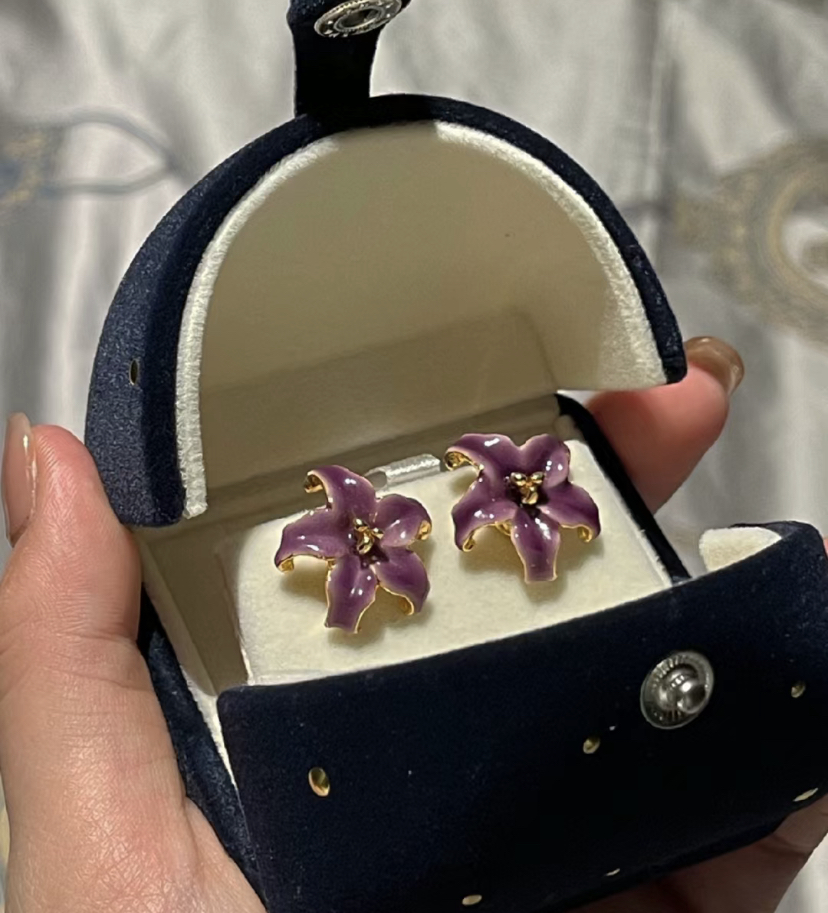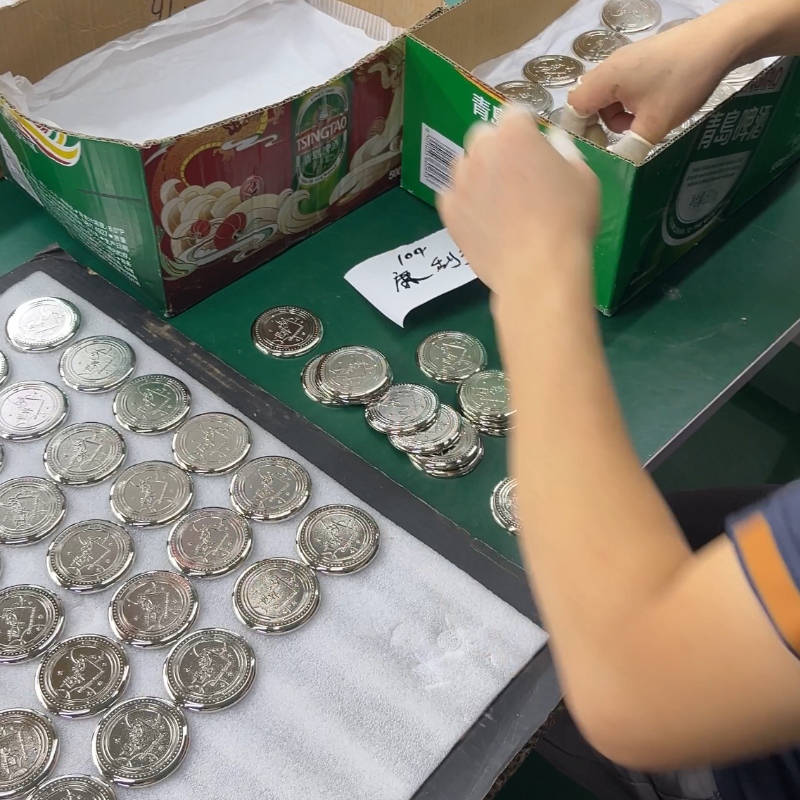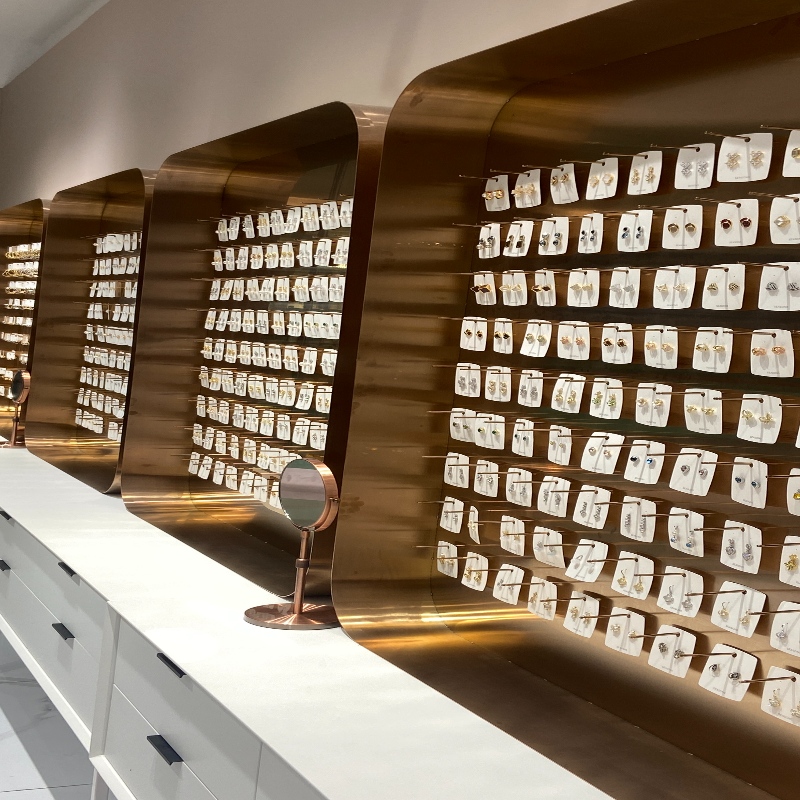In the highly competitive world of wedding jewelry, wedding rings hold a unique place. They are not just symbols of love but timeless investments that customers cherish for a lifetime. For wholesale and retail professionals, understanding the nuances of this market is essential to stay ahead. However, even experienced professionals can make mistakes that impact their sales, customer satisfaction, and ultimately, their business success. Avoiding these mistakes can help ensure a smooth purchasing process and foster long-term client loyalty.
One of the most common pitfalls is failing to keep up with market trends and evolving consumer preferences. Wedding ring trends are constantly changing, influenced by cultural shifts, celebrity endorsements, and design innovations. Professionals who rely on outdated styles may find themselves with unsellable inventory. To stay relevant, it is crucial to balance classic, timeless designs with modern trends, such as minimalist bands, colored gemstones, or eco-friendly materials. Regularly conducting market research and engaging with customers to understand their preferences will ensure that your offerings meet current demand.

Another critical mistake is neglecting the importance of product differentiation. In a market saturated with similar offerings, providing unique, high-quality designs is vital. Retailers and wholesalers should seek partnerships with manufacturers who offer exclusive designs or customizable options. Customization, in particular, is becoming a key selling point for wedding rings, as more consumers desire personalized pieces that reflect their individual love stories. Offering engraving services, unique metal combinations, or bespoke designs can set your business apart from competitors.
Quality control and supply chain management are also areas where mistakes can be costly. Poor- quality rings or delays in delivery can damage a retailer’s reputation and erode customer trust. To avoid these issues, it is essential to work with reliable suppliers who maintain high standards in craftsmanship and materials. Establishing rigorous quality control processes, such as inspecting each piece before it reaches the customer, ensures that only the best products are sold. A well-managed supply chain that guarantees timely delivery is equally important in meeting customer expectations, especially during peak wedding seasons.

Many businesses underestimate the value of providing excellent after-sales service. Customers purchasing wedding rings are making an emotional and financial investment, and they expect continued support even after the sale. Offering comprehensive after-sales services such as resizing, cleaning, and warranty repairs can enhance customer satisfaction and encourage repeat business. Clear communication about these services during the purchasing process will reassure customers and add value to their experience.
Inventory management is another area where mistakes often occur. Maintaining a balance between having enough stock to meet demand and avoiding excess inventory that ties up capital is challenging. Smart inventory management involves analyzing sales data, anticipating seasonal trends, and maintaining a flexible approach to restocking. This ensures that you can meet customer needs without overcommitting resources.
Lastly, pricing strategies can make or break a business. Setting prices too high may deter potential customers, while pricing too low can undermine perceived value and cut into profits. It is important to develop a pricing strategy that reflects the quality of the product while remaining competitive. Offering tiered pricing or bundle deals can appeal to different customer segments and increase overall sales.

In conclusion, buying and selling the perfect wedding ring involves more than just selecting beautiful designs. It requires staying attuned to market trends, ensuring product uniqueness, maintaining strict quality control, providing excellent after-sales service, managing inventory efficiently, and developing smart pricing strategies. By avoiding these common mistakes, wholesale and retail professionals can enhance their reputation, build customer loyalty, and achieve long-term success in the wedding ring market.

